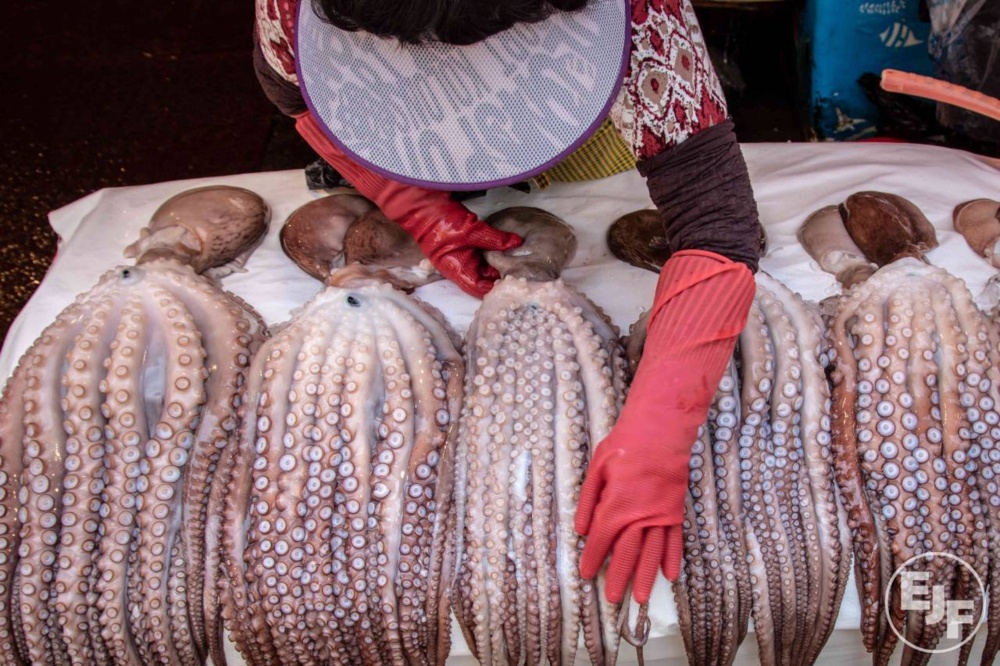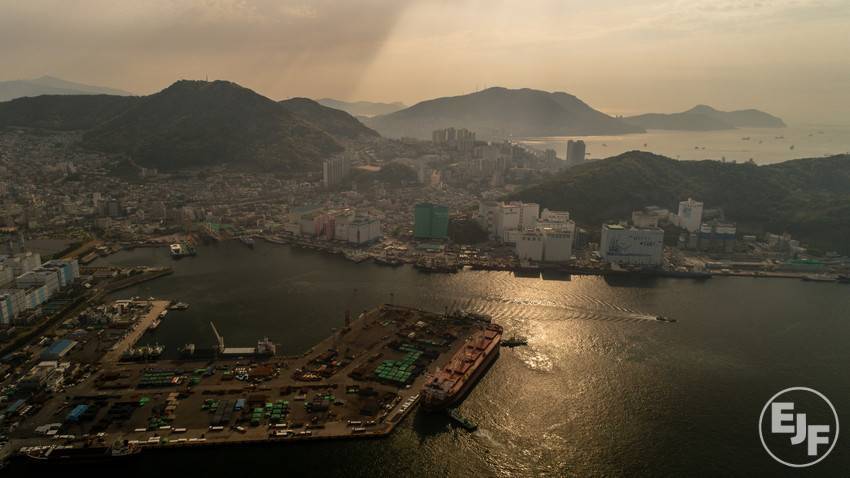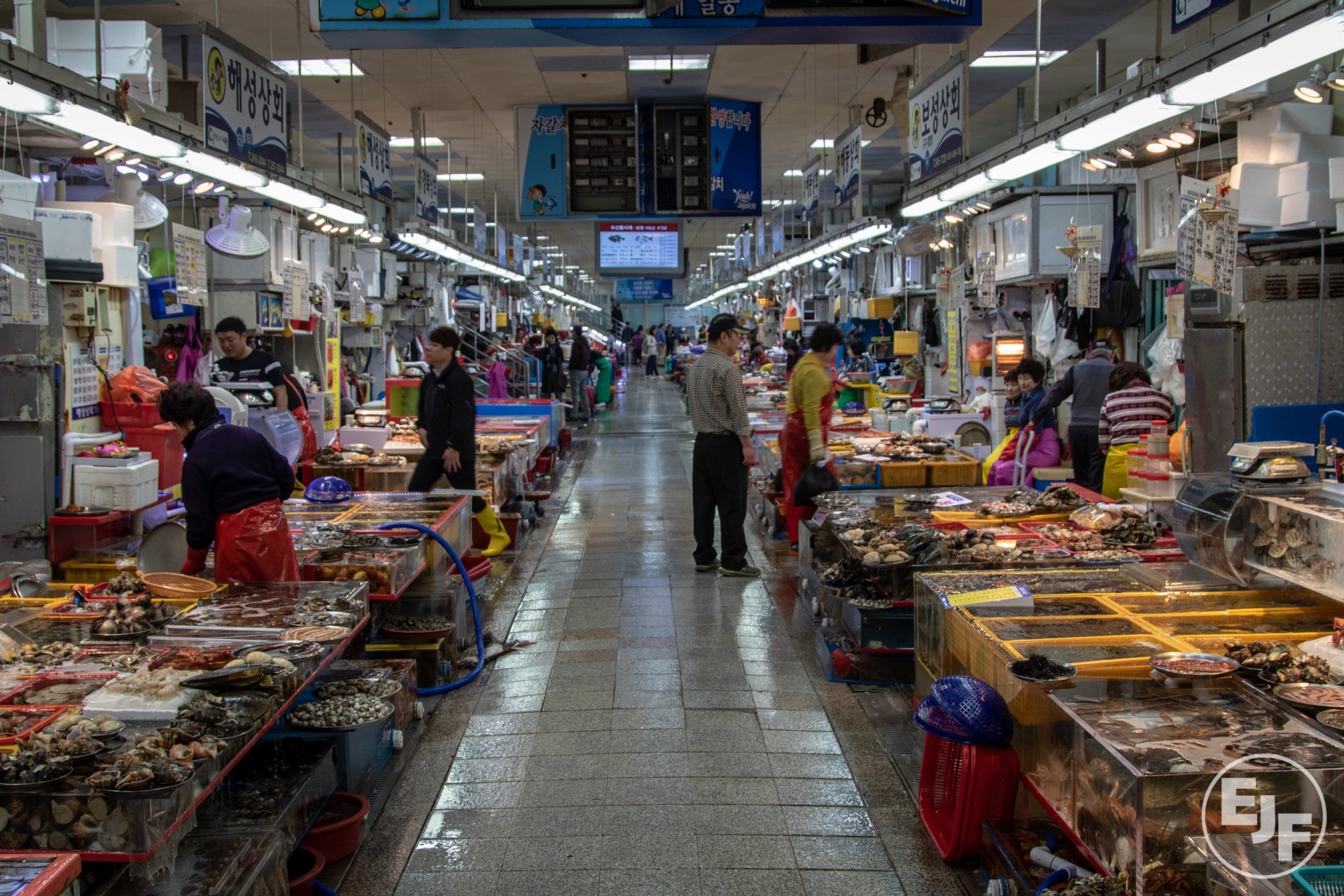
USA warns Korea on illegal fishing
The USA has put South Korea on a preliminary list of countries engaged in illegal fishing. This is the third time this decade that Korea has been listed by a major economy as a nation linked to illegal fishing.
The listing could result in trade sanctions on Korean seafood exports if immediate reforms are not undertaken. It is also a serious blow to the reputation of a country which, less than a year ago, signed a joint statement with the EU pledging to fight illegal fishing globally.
Seven Korean and international NGOs are calling on Korea to undertake immediate reforms to restore its international credibility. The international groups the Antarctic and Southern Ocean Coalition, the Environmental Justice Foundation, Greenpeace Seoul, Oceana and WWF and Korea’s Citizen’s Institute for Environmental Studies, and the Korea Federation for Environmental Movements.
A key reason for the listing is the illegal fishing carried out by two Korean distant water fishing vessels in 2017 that violated conservation measures of the Convention for the Conservation of Antarctic Marine Living Resources (CCAMLR), an international fishing body established to protect pristine Antarctic waters.
Korean and international NGOs expressed strong concern over the case and its subsequent mishandling by government authorities. Despite commitments made to CCAMLR, Korean authorities did not sanction the vessels, allowing the owners to sell their lucrative catches – caught illegally in Antarctic waters – on the global seafood market.
Reforms designed to address the failings in the CCAMLR case are currently before the Korean parliament but have not yet been approved. Urgent changes are needed for authorities to quickly tackle illegal fishing cases.
The NGOs have also called for reforms to build greater transparency in Korean fisheries, including the publication of important information on vessel identity and fishing offences to publicly accessible databases. Transparency will enable greater public scrutiny and reduce the likelihood of similar cases in the future.
The group of seven NGOs issue the following recommendations to the government:
- Amend Korean laws to include stronger, more rapid sanctions for IUU fishing cases.
- Commit to a rapid increase in transparency and traceability of the fishing sector, including the publication of vessel license lists and vessel sanctions.
- Establish a regulatory cooperation system with industry, including representatives of the civil society organisations, to efficiently and effectively deter IUU fishing.
- Undertake an urgent review of the handling of the CCAMLR IUU fishing cases and make necessary administrative changes in response.
SIGN UP FOR OUR EMAILS AND STAY UP TO DATE WITH EJF

